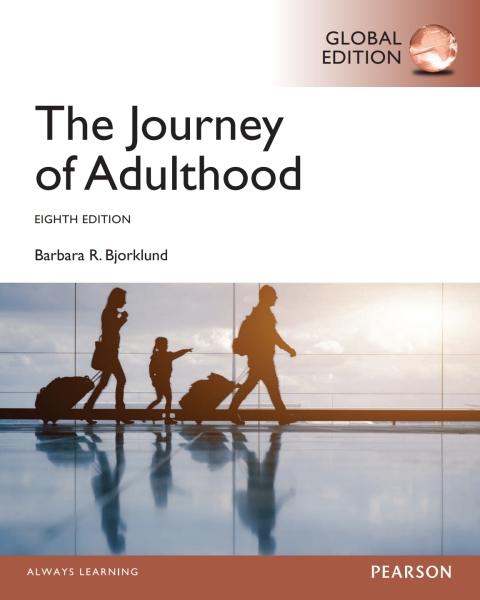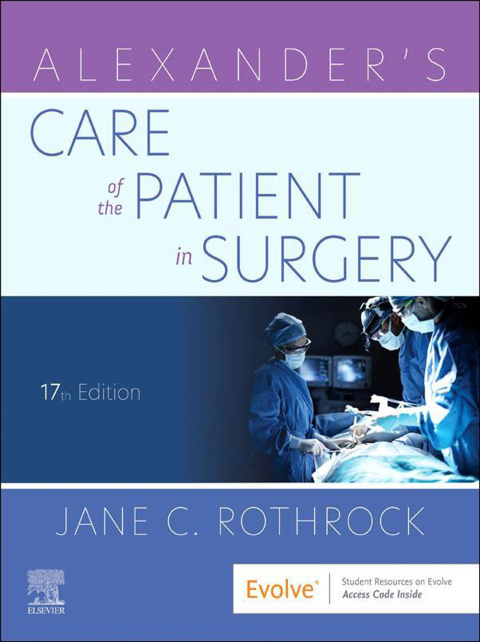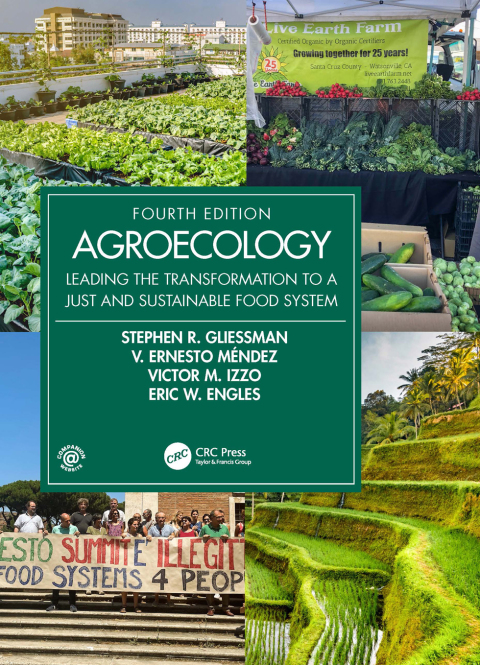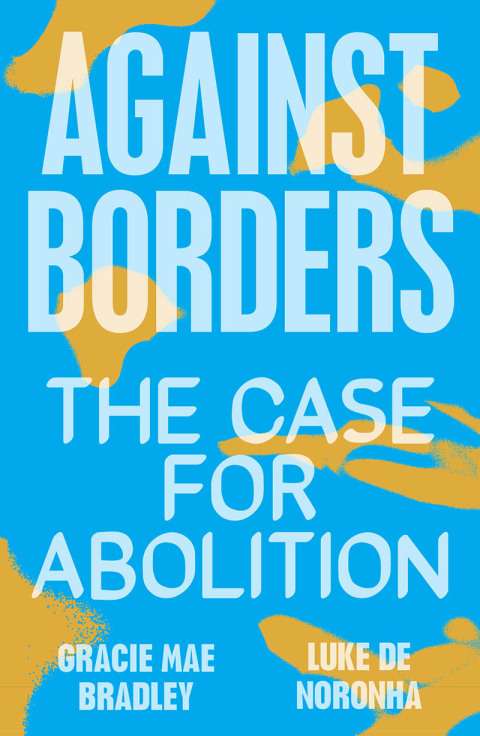Description
Efnisyfirlit
- Contents
- Preface
- Chapter 1: An Overview of Adult Development
- Basic Concepts in Adult Development
- Sources of Change
- Normative Age-Graded Influences
- Normative History-Graded Influences
- Nonnormative Life Events
- Sources of Stability
- Genetics
- Environment
- Interactionist View
- A Word About “Age”
- Setting the Course: Some Guiding Perspectives
- Life-Span Developmental Psychology Approach
- Bioecological Model of Development
- Developmental Research
- Methods
- Measures
- Analyses
- Designs
- A Final Word
- Summary
- Key Terms
- Suggested Reading
- Chapter 2: Aging and Physical Changes
- Theories of Primary Aging
- Oxidative Damage
- Genetic Limits
- Caloric Restriction
- A Word on Theories of Primary Aging
- Physical Changes During Adulthood
- Outward Appearance
- The Senses
- Bones and Muscles
- Cardiovascular and Respiratory Systems
- Brain and Nervous System
- Immune System
- Hormonal System
- Changes in Physical Behavior
- Athletic Abilities
- Stamina, Dexterity, and Balance
- Sleep
- Sexual Activity
- Individual Differences in Primary Aging
- Genetics
- Lifestyle
- Race, Ethnicity, and Socioeconomic Group
- Can We “Turn Back the Clock” of Primary Aging?
- An Overview of the Physical Changes in Adulthood
- Summary
- Key Terms
- Suggested Reading
- Chapter 3: Health and Illness
- Mortality Rates and Causes of Death
- Morbidity Rates, Disease, and Disability
- Common Health Conditions
- Disability
- Self-Ratings of Health
- Specific Diseases
- Cardiovascular Disease
- Cancer
- Diabetes
- Alzheimer’s Disease
- Living with Age-Related Diseases and Disabilities
- Mental Disorders
- Anxiety Disorders
- Mood Disorders
- Impulse Control Disorders
- Substance Abuse Disorders
- Treatment of Mental Health Disorders
- Nonmedical Solutions
- Assistive Technology
- Assistance Animals
- Individual Differences in Health
- Lifestyle
- Gender
- Socioeconomics, Race, and Ethnicity
- Personality and Behavior Patterns
- Genetics
- Developmental Origins
- The Road to Good Health
- Summary
- Key Terms
- Suggested Reading
- Chapter 4: Aging and Cognitive Changes
- Intelligence
- Age Changes in Overall Intelligence
- Components of Intelligence
- Reversing Declines in Intellectual Abilities
- Memory
- Short-Term and Working Memory
- Declarative and Nondeclarative (Procedural) Memory
- Prospective Memory
- Slowing Declines in Memory Abilities
- Memory in Context
- Decision Making and Problem Solving
- Individual Differences in Cognitive Change
- Health
- Genetics
- Demographics and Sociobiographical History
- Schooling
- Intellectual Activity
- Physical Exercise
- Subjective Evaluation of Decline
- Cognitive Assistance
- Medication Adherence
- Social Networking
- E-Readers and Electronic Games
- Safe Driving
- Review of Cognitive Changes over the Adult Years and a Search for Balance
- Summary
- Key Terms
- Suggested Reading
- Chapter 5: Transformation of Social Roles
- Social Roles and Transitions
- Gender Roles and Gender Stereotypes
- Social Roles in Young Adulthood
- Leaving (and Returning) Home
- Becoming a Spouse or Partner
- Becoming a Parent
- Social Roles in Middle Adulthood
- The Departure of the Children: The Empty Nest
- Gender Roles at Midlife
- Becoming a Grandparent
- Caring for an Aging Parent
- Social Roles in Late Adulthood
- Living Alone
- Becoming a Care Receiver
- Social Roles in Atypical Families
- Lifelong Singles
- The Childless
- Divorced (and Remarried) Adults
- The Effect of Variations in Timing
- Summary
- Key Terms
- Suggested Reading
- Chapter 6: The Dynamics of Social Relationships
- Theories of Social Relationships
- Attachment Theory
- The Convoy Model
- Socioemotional Selectivity Theory
- Evolutionary Psychology
- Intimate Partnerships
- Establishing an Intimate Relationship
- Successful Marriages
- Cohabitation and Marriage
- Same-Sex Partnerships
- Relationships with Other Family Members
- General Patterns of Family Interaction
- Parent–Child Relationships in Adulthood
- Grandparent–Grandchild Relationships
- Relationships with Brothers and Sisters
- Friendships in Adulthood
- Friendship Networks
- Pets as Friends
- Facebook Friends
- Summary
- Key Terms
- Suggested Reading
- Chapter 7: Employment and Retirement
- The Importance of Work in Adulthood
- Super’s Theory of Career Development
- Gender Differences in Career Patterns
- Selecting a Career
- Theories of Career Selection
- The Effects of Gender
- Family Influences
- The Role of Genetics
- Age Trends in Work Experience
- Job Performance
- Job Training and Retraining
- Job Satisfaction
- Work and Personal Life
- Work and the Individual
- Work and Marriage
- Work and Parenthood
- Work and Caregiving for Adult Family Members
- Household Labor
- Retirement
- Preparation for Retirement
- Timing of Retirement
- Reasons for Retirement
- Effects of Retirement
- Alternatives to Full Retirement
- A Concluding Note
- Summary
- Key Terms
- Suggested Reading
- Chapter 8: Personality: Continuity and Change
- Personality Structures
- Personality Traits and Factors
- Differential Continuity
- Mean-Level Change
- Intra-Individual Variability
- Continuity, Change, and Variability Coexist
- What Do Personality Traits Do?
- Explanations of Continuity and Change
- Genetics
- Environmental Influences
- Evolutionary Psychology Explanations
- Cultural Differences
- Summing Up Personality Structure
- Theories of Personality Development
- Psychosocial Development
- Ego Development
- Mature Adaptation
- Gender Crossover
- Positive Well-Being
- Summary
- Key Terms
- Suggested Reading
- Chapter 9: Meaning and Spirituality
- Why a Chapter on the Quest for Meaning?
- The Study of Age-Related Changes in Meaning Systems
- Changes in the Quest for Meaning
- Religion, Spirituality, and Health
- Theories of Spiritual Development
- Development of Moral Reasoning
- Development of Faith
- Integrating Meaning and Personality: A Preliminary Theoretical Synthesis
- A Synthesizing Model
- Stages of Mystical Experience
- The Process of Transition
- Commentary and Conclusions
- Summary
- Key Terms
- Suggested Reading
- Chapter 10: Stress and Coping with Stress
- Stress, Stressors, and Stress Reactions
- Types of Stress
- Effects of Stress
- Physical Disease
- Mental Health Disorders
- Individual Differences in Stress-Related Disorders
- Stress-Related Growth
- Coping with Stress
- Types of Coping Behaviors
- Social Support
- Personality Traits and Coping
- Resilience
- Reactions to Trauma
- Individual Differences in Resilience
- Resilience in Military Combat and Deployment
- A Final Word on Stress and Resilience
- Summary
- Key Terms
- Suggested Reading
- Chapter 11: Preparing for the End of Life
- Achieving an Understanding of Death
- Meanings of Death
- Death Anxiety
- Accepting the Reality of One’s Eventual Death
- The Process of Death
- Stages of Reactions to Death
- The Importance of Farewells
- Individual Adaptations to Dying
- Choosing Where to Die
- Choosing When to Die
- After Death Occurs: Rituals and Grieving
- Ritual Mourning: Funerals and Ceremonies
- The Process of Grieving
- Living and Dying: A Final Word
- Summary
- Key Terms
- Suggested Reading
- Chapter 12: A Life Well Lived
- Themes of Adult Development
- Emerging Adulthood (Ages 18 to 24)
- Young Adulthood (Ages 25 to 39)
- Middle Adulthood (Ages 40 to 64)
- Older Adulthood (Ages 65 to 74)
- Late Adulthood (Age 75 and Older)
- Variations in Successful Development
- Individual Differences in Quality of Life
- Other Measures of Life Success
- A Model of Adult Growth and Development: Trajectories and Pathways
- Summary
- Key Terms
- Suggested Reading
- References
- Glossary
- Credits
- Author Index
- Subject Index





